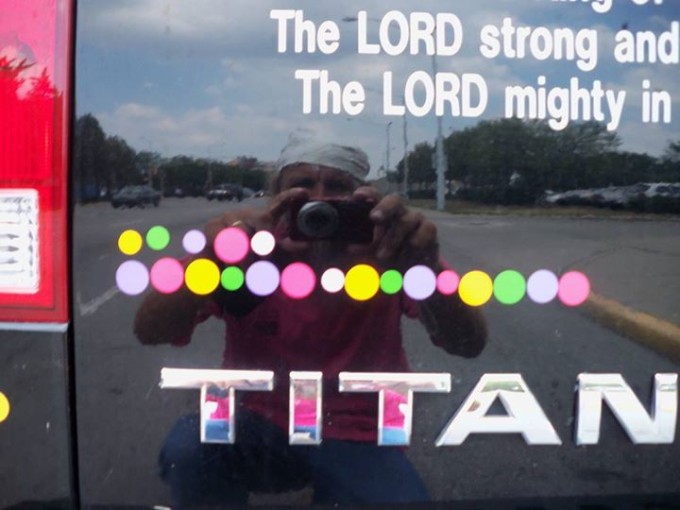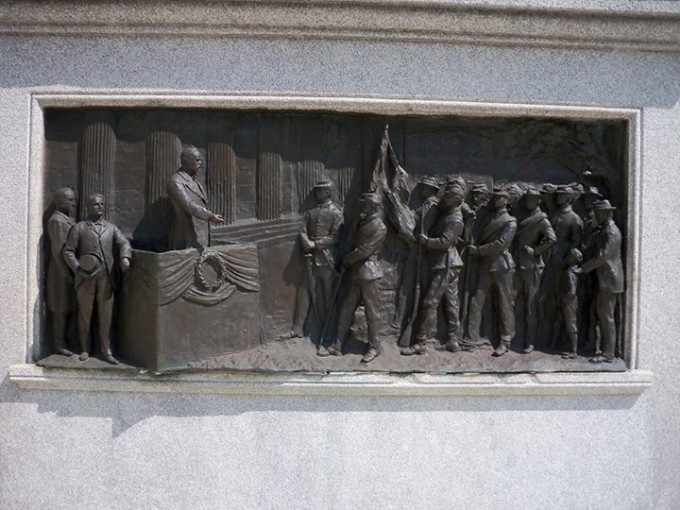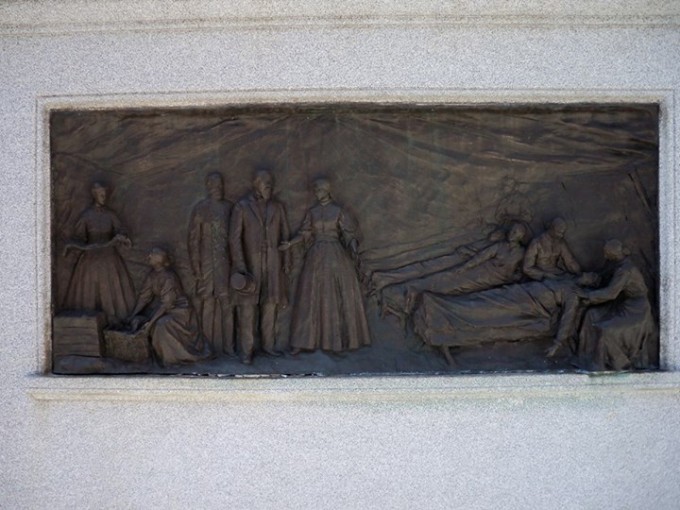
Wednesday, 8 July 2015
…unlike Moses, who put a veil over his face so that the children of Israel could not look steadily at the end of what was passing away. 2 Corinthians 3:13
When Moses came down from the mountain, his face shone. Because of this, he veiled his face other than when he spoke to the Israelites the words of the Lord. However, when he went before the Lord, he would again take it off. The reason for the veiling then was to hide the brightness of the reflected glory of God because it was so difficult to look upon him.
That reason seems to correspond with what Paul said earlier in verse 3:7, but in this verse Paul seems to indicate another reason altogether. It was “so that the children of Israel could not look steadily at the end of what was passing away.” In Romans 10, Paul shows that the law had an end which is found in the work of Christ. This is why the law “was passing away” –
“For Christ is the end of the law for righteousness to everyone who believes.” Romans 10:4
Therefore, Paul is using the account of the Israelites before Moses as a parable of the time in which we live. The law is ended in Christ, but the Israelites could not see the end of it. They looked at the law as permanent and as a means to an end. But the law was intended to lead us to Christ. Because they missed this, they “could not look steadily at the end of what was passing away.” And this is exactly what has happened in the dispensational model of history.
However, the German scholar Hermann Olshausen asks, “How could St Paul say that Moses covered his countenance in order that the Israelites should not behold Christ?” His question seems to imply that it would be wrong for Israel, who was looking for their Messiah, to be denied seeing Christ. However, this is an incorrect analysis. They were not denied this actively. Instead, they chose to deny Him. They were offered Christ in Acts 2. From there, and throughout Acts, it shows the truth that Jesus was rejected by them. Paul explains this in Romans 11 –
“For I do not desire, brethren, that you should be ignorant of this mystery, lest you should be wise in your own opinion, that blindness in part has happened to Israel until the fullness of the Gentiles has come in.” Romans 11:25
God knew in advance that Israel would reject their Messiah, but it served a greater purpose in that the nations received Him and became the called-out Gentile church. Israel was set-aside during this dispensation “until the fullness of the Gentiles has come in.” And yet, even during this dispensation, there has always been a remnant of Israel who is saved by grace (see Romans 11:5).
There is a time coming when the Gentiles will have reached their fullness and they will be raptured home to be with the Lord. At that time, the focus will be on the nation of Israel once again. On that day, the veil will be taken away and they will see that Christ is, in fact, the end of the law for all who believe.
Life application: Let us pray for Israel as a nation to have their collective eyes opened to the saving grace of Jesus Christ. God is working on them now and that wondrous day is coming. May it be soon!
Heavenly Father, Your word says that Christ is the end of the law for righteousness to everyone who believes. But many have had a veil over their eyes so that they could not see what was passing away in the Law of Moses. Lord, lift that veil and show them that there is an exceeding glory in the work of Jesus Christ that has brought the law to its end and which has bestowed marvelous grace on all who will but believe. I pray that many eyes will be opened to what You have done through Jesus Christ our Lord. Amen.




